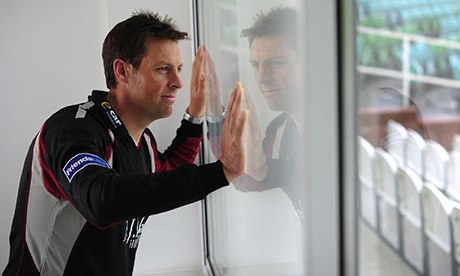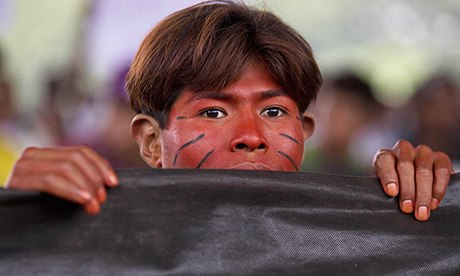 The report showed a gap in deaths across different social groups
The report showed a gap in deaths across different social groups
The gap between rich and poor is leading to thousands of unnecessary deaths in Scotland, health experts say.
NHS Health Scotland examined 30 years of health trends and found large differences in preventable causes of death across social groups.
Director of Public Health Science Andrew Fraser said these patterns of death were not inevitable.
NHS Health Scotland called for action to tackle inequality and not just the recognised causes of disease.
The organisation's report noted that decreasing periods of health inequality had previously been observed in the UK, suggesting the situation could change........
 The report showed a gap in deaths across different social groups
The report showed a gap in deaths across different social groups
